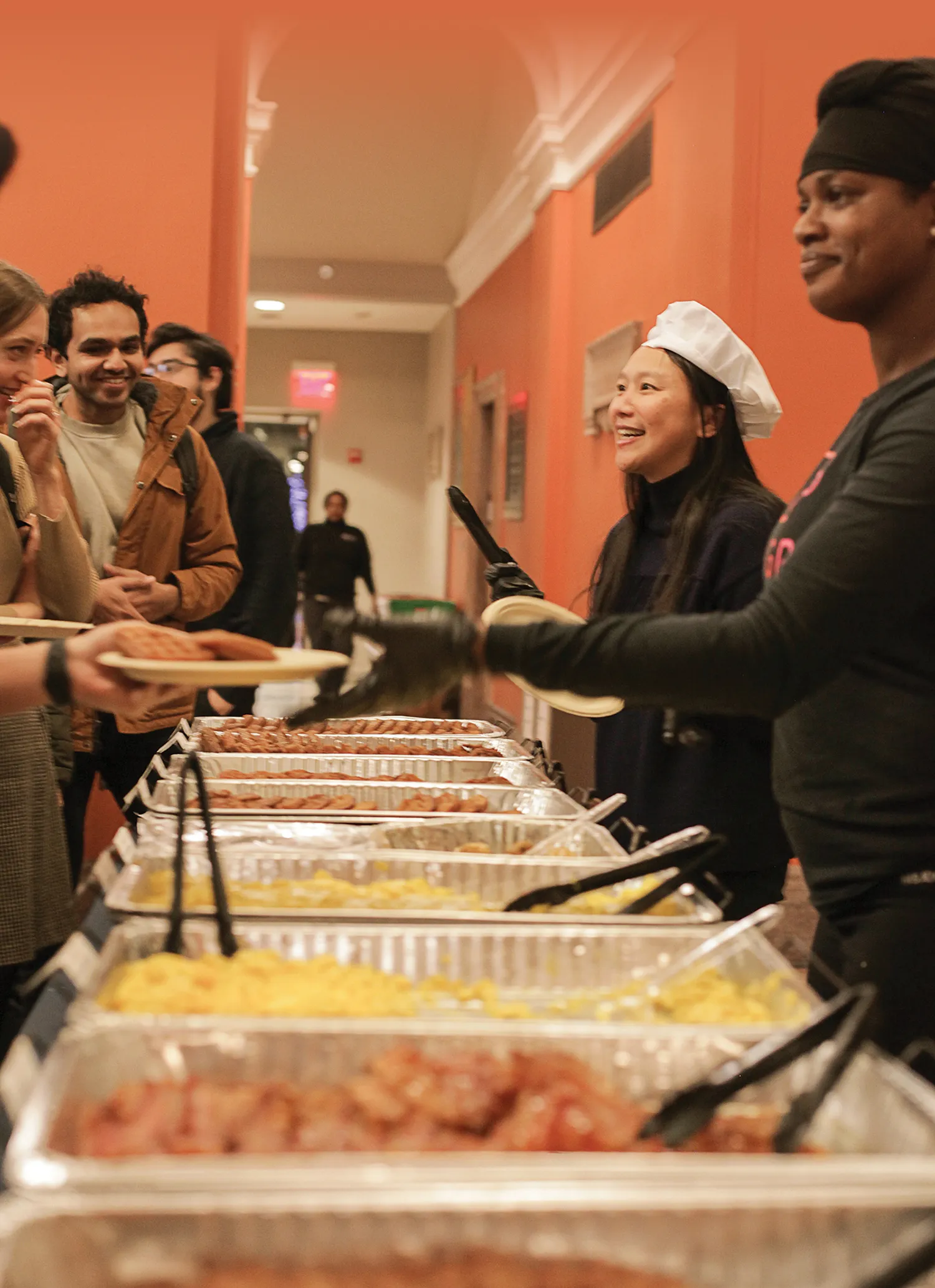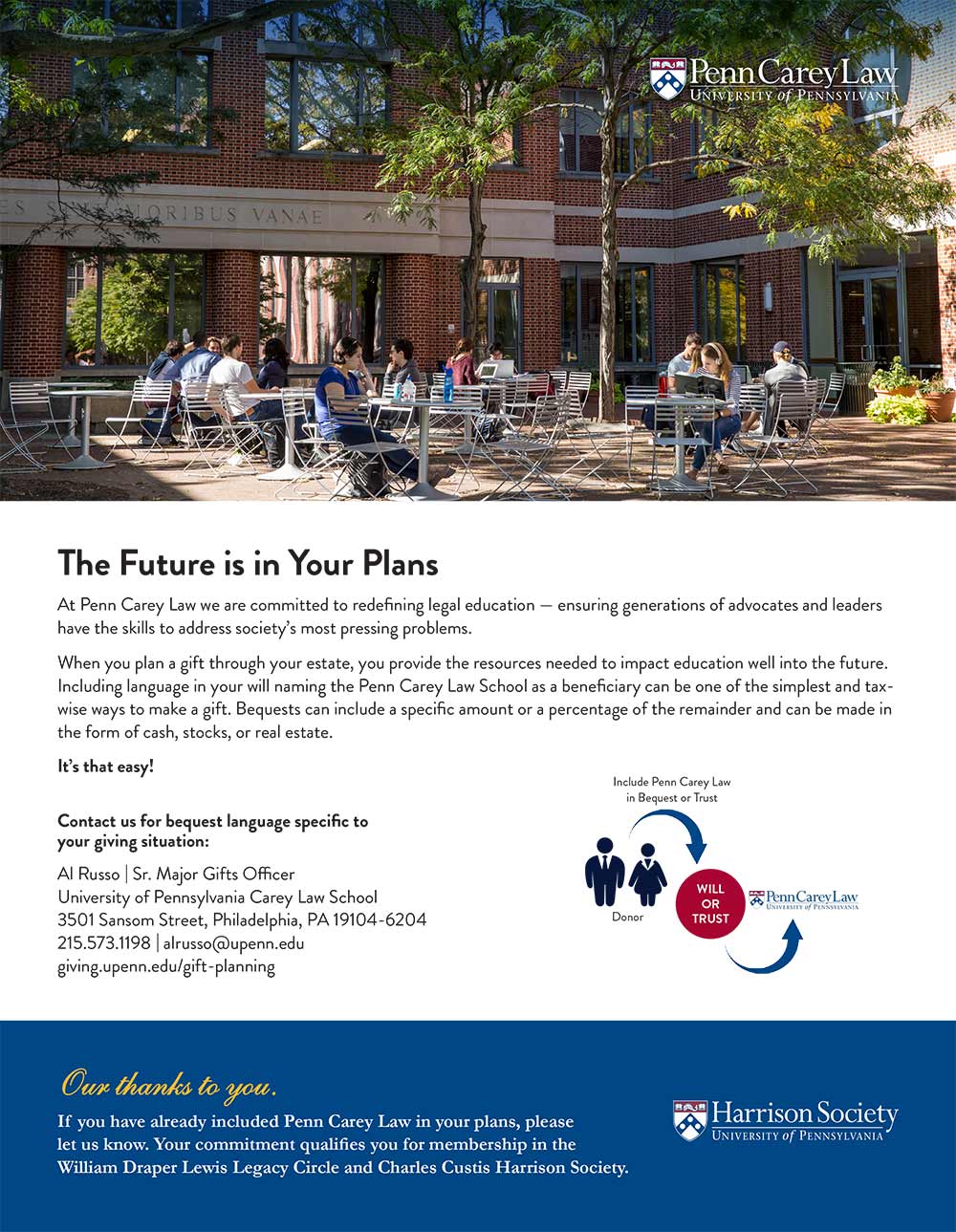Penn Law Journal Summer 2023

2023

Editor
Larry Teitelbaum
Design
Landesberg Design
Senior Contributing Writer
Lindsay Podraza
Contributing Writers and Editors
Michelle Kaminsky
Aisha Labi L’96
Jay Nachman
Photography
Charles Shan Cerrone
Lydia Peterson
Stephen Voss
Website
law.upenn.edu/alumni/alumnijournal/
Keep in Touch
Send news and photos to the attention of the editor.
Corrections
Every effort has been made to ensure accuracy. We offer our sincere apologies for any typographical errors or omissions. Please forward any corrections to the attention of:
Larry Teitelbaum
Editor, The Journal
University of Pennsylvania
Carey Law School
3501 Sansom Street
Philadelphia, PA 19104
Telephone 215 573 7182
Fax 215 573 2020
Email alumnijournal@law.upenn.edu
The University of Pennsylvania values diversity and seeks talented students, faculty and staff from diverse backgrounds. The University of Pennsylvania does not discriminate on the basis of race, color, sex, sexual orientation, gender identity, religion, creed, national or ethnic origin, citizenship status, age, disability, veteran status or any other legally protected class status in the administration of its admissions, financial aid, educational or athletic programs, or other University-administered programs or in its employment practices. Questions or complaints regarding this policy should be directed to the Executive Director of the Office of Affirmative Action and Equal Opportunity Programs, Sansom Place East, 3600 Chestnut Street, Suite 228, Philadelphia, PA 19104-6106; or (215) 898-6993 (Voice) or (215) 898-7803 (TDD).



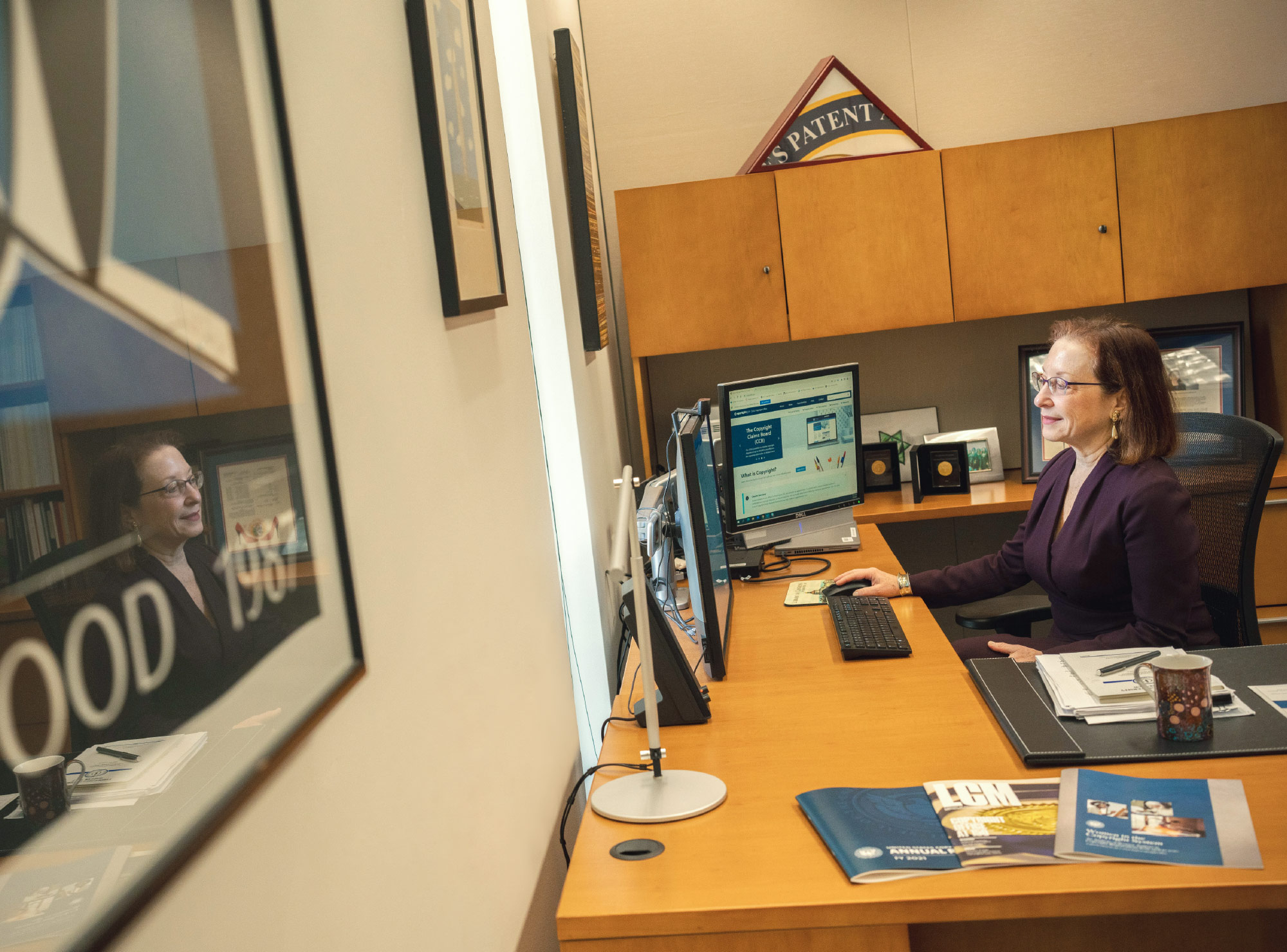
From The Dean
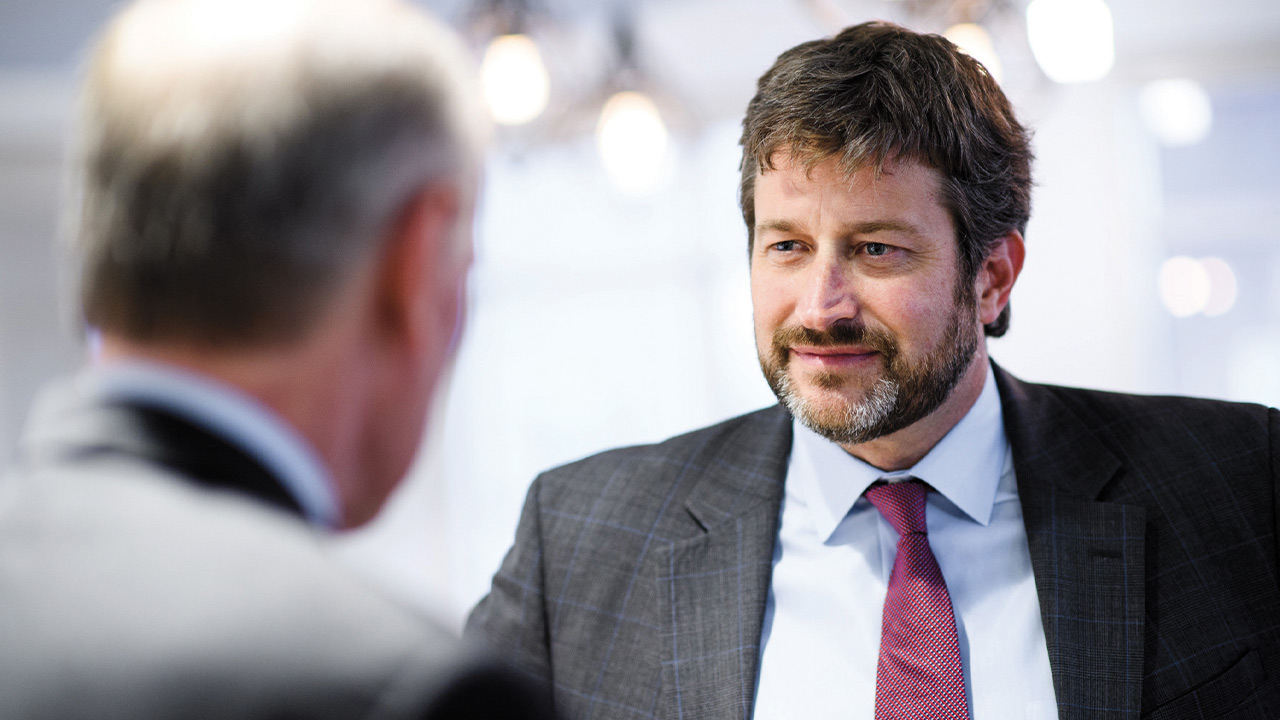
And I am very pleased to welcome the new Dean of Penn Carey Law, Sophia Z. Lee. Professor Lee, a member of our faculty for 14 years, is a dis-tinguished scholar, a tremendous teacher and mentor, and a thoughtful leader at the Law School and University.
Sophia inherits the role of stewarding our wonderful, thriving community, which is as talented, impactful, and diverse as ever. We continue to attract incredibly bright students, support them with unprecedented levels of financial aid, and launch them into meaningful careers in the public and private sectors, both in this country and around the world. Our faculty are national thought leaders and first-class teachers, and our dedicated staff ensure that the Law School works effectively and innovatively to meet the needs of our student body and the larger profession. Alumni from multiple decades spanning over 70 years have continued to engage with and support our current students in ways that I appreciate now more than ever. Thank you for all that you do to support your alma mater.

#penncareyLaw
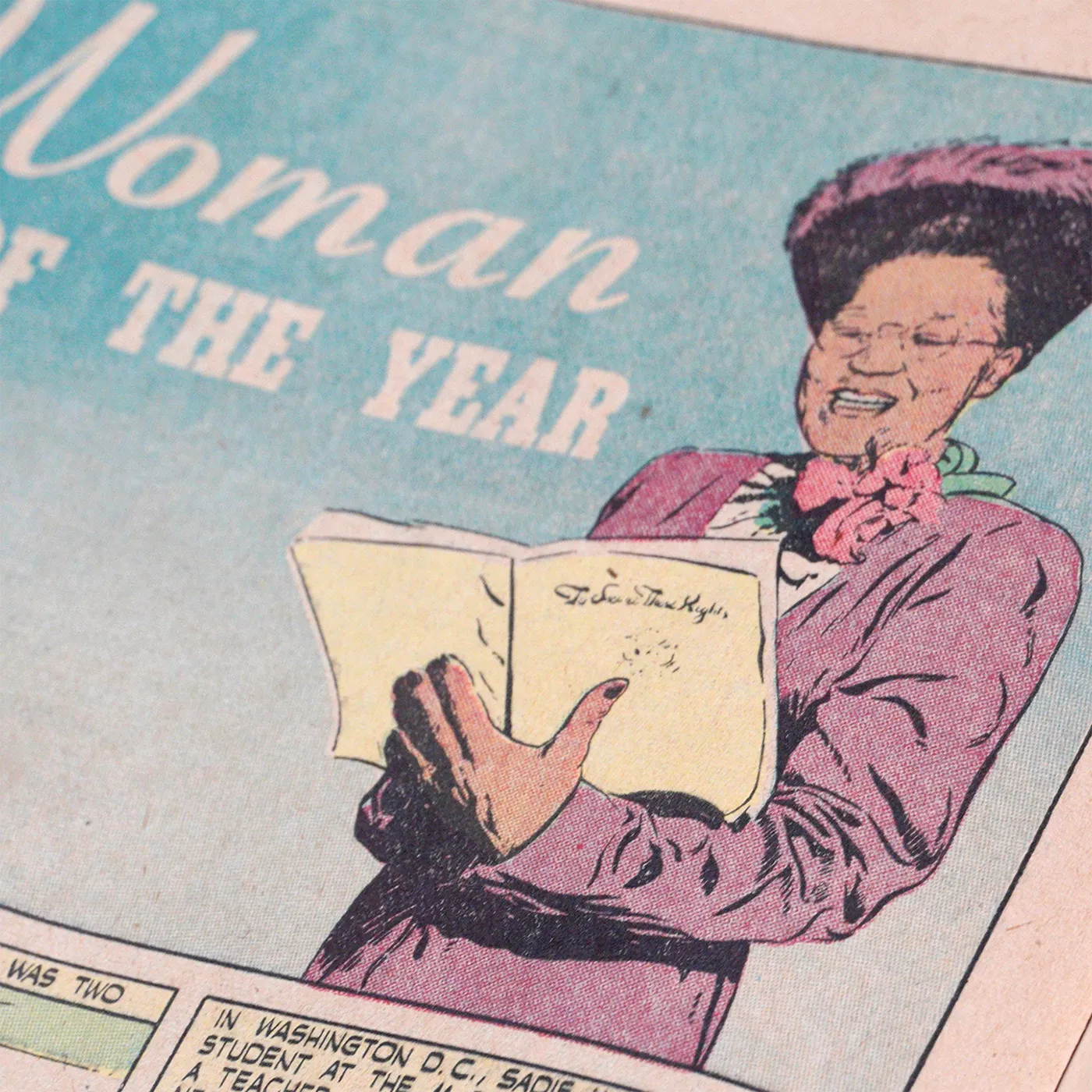


#penncareyLaw



Governor Josh Shapiro (@GovernorShapiro) has selected three Penn Carey Law alumni to serve alongside him: Mira Baylson L’08, Sarah Hammer WG’99, L’11 (@FinanceHammer), and Akbar Hossain (@Akbar_Hossai). penncareylaw.news/3LWQ0q4
Follow @PennLaw on Twitter for more
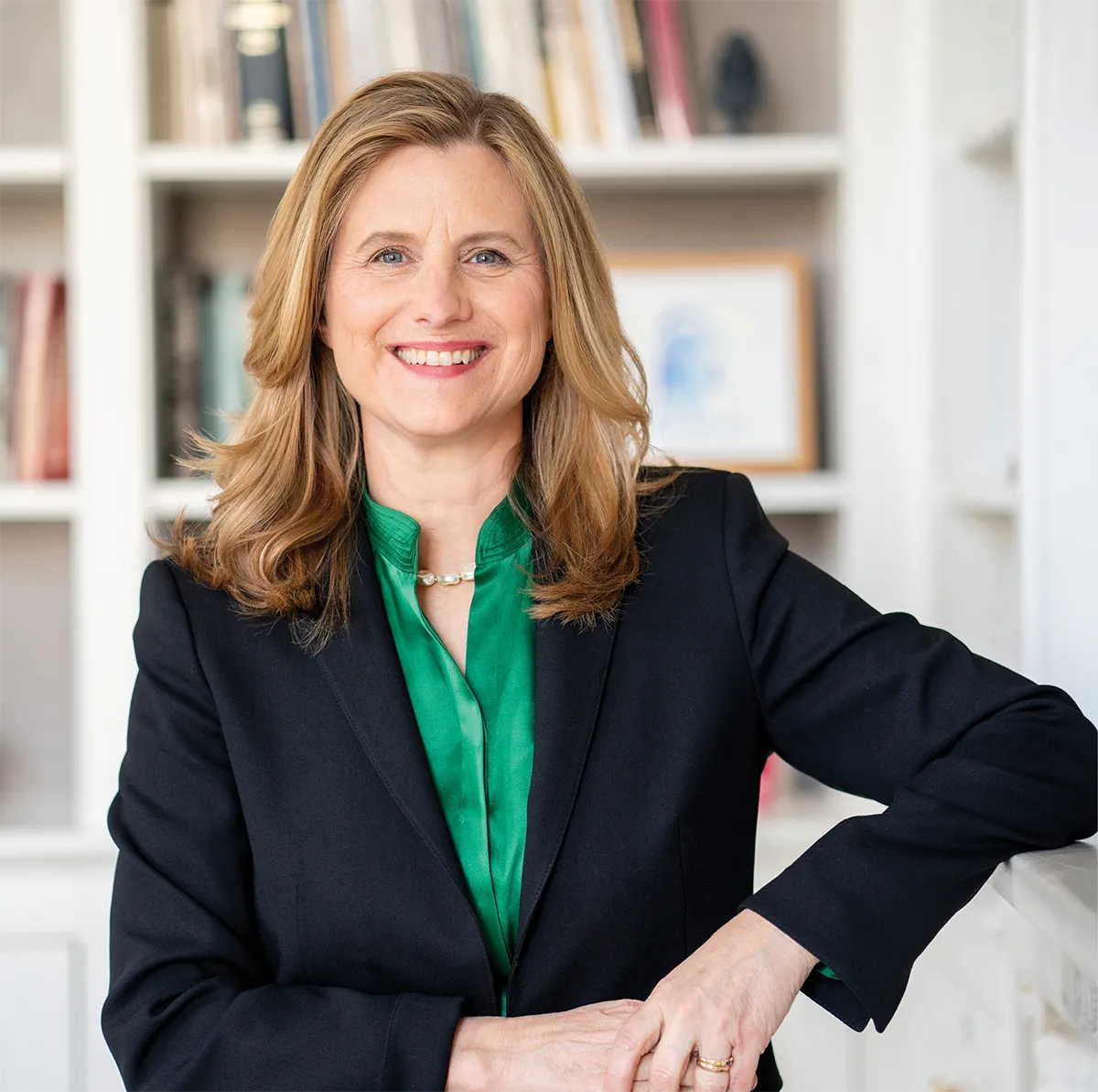
Magill’s Take
arlier this year, Liz Magill, University of Pennsylvania President, Trustees University Professor, and Professor of Law at the University of Pennsylvania Carey Law School, became Penn’s ninth president. A legal scholar and inspiring leader, Magill came to Penn after serving as Executive Vice President and Provost at the University of Virginia and, prior to that, as the Richard E. Lang Professor and Dean of the Stanford Law School.
In an effort to learn more about the University’s new president and her legal and leadership experience, the Law School’s Office of Communications conducted the following Q&A with Magill:
Citation

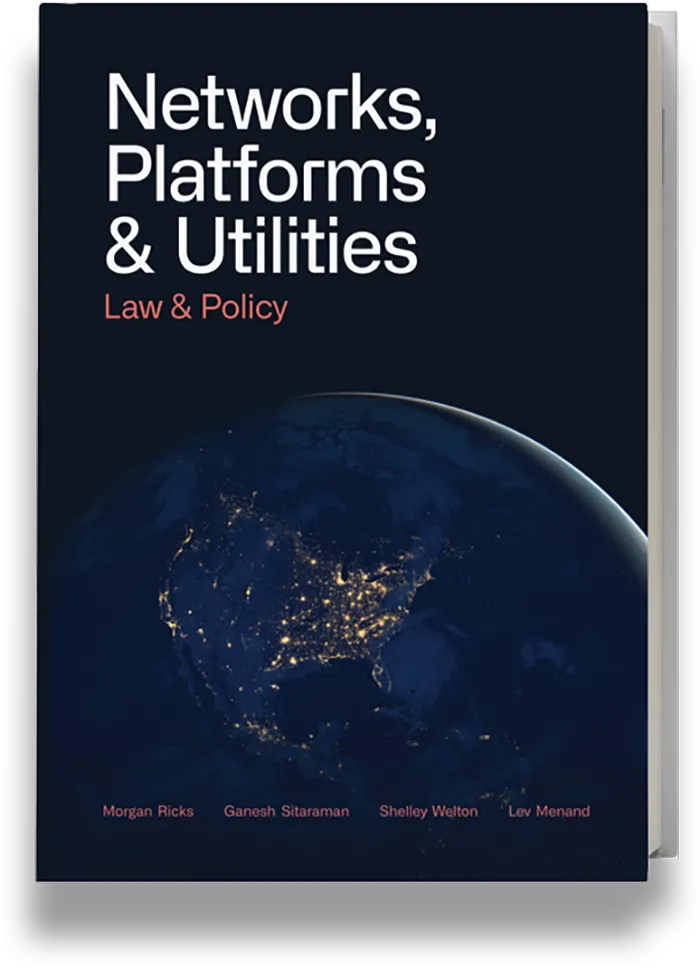
Networks, Platforms, and Utilities: Law and Policy
Co-Authors Morgan Ricks, Ganesh Sitaraman, Shelley Welton, and Lev Menand. Welton is the Presidential Distinguished Professor of Law and Energy Policy at the University of Pennsylvania Carey Law School
his textbook offers an introduction to the field for law students, scholars, and policymakers, with chapters on the regulation of so-called infrastructure industries, including the postal system, telecommunications, broadband internet, railroads, airlines, electricity, fossil fuel pipelines, money, computer operating systems, online marketplaces, and internet search.
The authors say the book addresses a gaping hole in the law school curriculum in which the industries that comprise “networks, platforms, and utilities” (NPUs) are studied in isolation from each other rather than integrated in a single course, obscuring the broader implications of NPU governance for policymakers and regulators as well as to aspirants in those areas.
Accordingly, Networks, Platforms, and Utilities is the first entirely new casebook integrating NPU law in a quarter century—and the first with some temporal distance from the deregulatory movement of the late twentieth century. The book thus also contributes to larger intellectual shifts in the academy and public policy. Scholars and policymakers on both sides of the aisle have increasingly been critical of the paradigm—whether framed as neoliberalism or law and economics—that shaped much of economic policymaking over the last generation. In response, significant shifts are underway in antitrust, trade, industrial policy, labor, and other areas. The authors believe that reanimating—and refashioning—“regulated industries” is a critical part of this broader shift in law and political economy.
A second edition will be published in the summer of 2024. It will cover mass communications, maritime shipping, motor carriers, payment systems, financial market infrastructure, social media, cloud computing, local utilities and property systems.
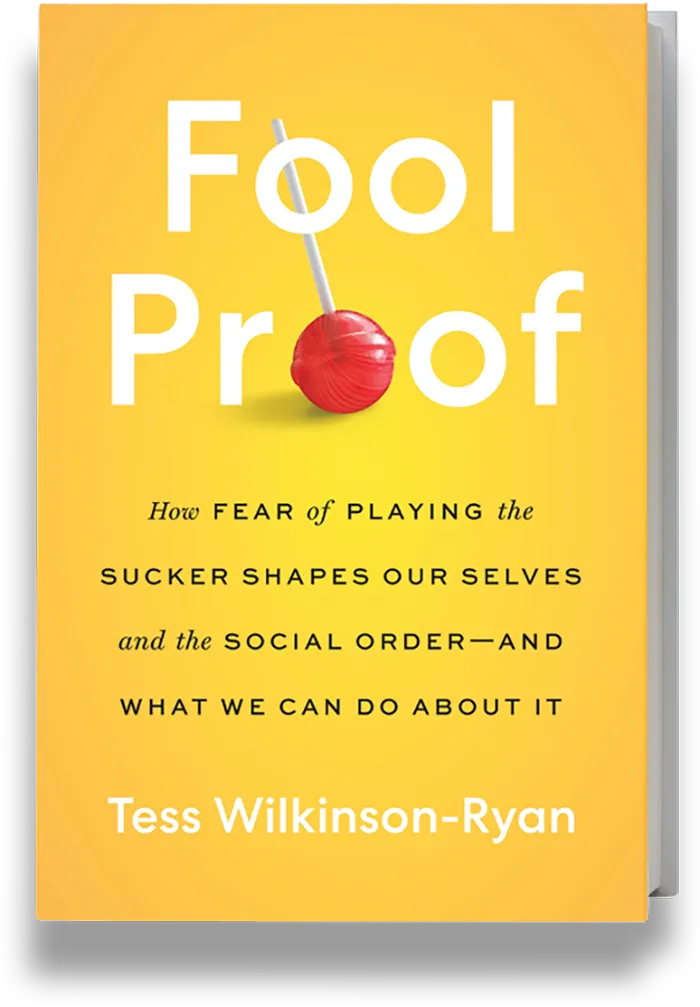
Fool Proof: How Fear of Playing the Sucker Shapes Our Selves and the Social Order— And What We Can Do About It
Harper Wave
ool Proof tracks the implications of the sucker contract from personal choices to cultural conflict, ultimately charting an unexpected and empowering path forward.
Fool Proof offers the first in-depth analysis of the sucker’s game as implicit worldview, drawing evidence everywhere from grocery shopping to international trade deals, from road rage to #MeToo. Offering real-world puzzles and stories, Wilkinson-Ryan explores what kind of hustles feel like scams and which ones feel like business as usual, who gets pegged as suckers and who gets lauded as saints. She takes deep dives into areas like the psychology of stereotyping, the history of ethnic slurs, and the economics of the family—and shows how the threat of being suckered is deployed to perpetuate social and economic hierarchies. Wilkinson-Ryan, Professor of Contract Law, also draws on famous cases, like Vokes v. Arthur Murray Dance Studio and Williams v. Walker-Thomas Furniture, to shed light on the complex cultural questions that courts and parties face when their deals start to come apart.
Ultimately, Fool Proof argues that the goal is not so much to spot the con as to renegotiate its meaning. The fear of being suckered can be weaponized to disrupt cooperation and trust, but it can also be defused and reframed to make space for moral agency and social progress. Facing the fear of being suckered head-on means deciding for ourselves what risks to take, what relationships to invest in, when to share, and when to protest—drafting a new template for how to live with integrity in a sucker’s world.

New Future of the Profession Lab to Tackle Gaps in Civil Justice System
About 95 percent of civil cases are adjudicated in state courts, she said, but the majority of low-income Americans cannot afford civil legal proceedings. “We haven’t updated our justice system in centuries,” Chief Justice McCormack said. “There’s no Netflix or Uber or Amazon-access to justice.”
Barriers to justice, particularly in the American civil sector, and discussions on how to tackle them were a central theme of the conference. One solution came in the form of a groundbreaking announcement: The FPI is launching its own project, called the Future of the Profession Lab.
News & Events

Kevin Prindiville L’03 Calls for Policy Changes to Enable More Home Care for Seniors
ost elderly Americans do not relish placement in a nursing home.
Seniors who rely on Medicaid, however, are often funneled into such facilities, said Kevin Prindiville L’03. He serves as Executive Director of Justice in Aging, a nationwide legal organization that advocates for the rights of older adults. Prindiville is familiar with the nursing home issue, which gained newfound national attention after a staggering number of residents died during the COVID-19 pandemic.
The preferred alternative, he said, is home care. “People don’t want to be in a nursing facility,” he said. “But we haven’t built the system to provide care at home—we haven’t created financing and benefits programs. We haven’t supported caregivers to be able to provide at home through paid leave policies, or … new public systems that will improve access to that care at home.”

Climate Change Expert Shelley Welton Calls for Less Talk and More Action on Luxury Emissions
Addressing the problem of luxury emissions, she believes, could be one key to igniting a larger cultural shift against excessive carbon emissions. Welton is in the midst of a project examining the moral and social underpinnings of possible new climate policy and the political economy of passing laws addressing luxury emissions, which include the use of private yachts and jets, along with the ownership of multiple homes and cars.
“The top 10 percent of emitters have emitted half the carbon of the past 30 years, and carbon footprints at the top are 100 times bigger,” Welton said. “There’s been a lot of chatter and analysis exposing these numbers, but much less discussion about what law and policy should do about it.”

New Frameworks for Reducing Fatalities in Domestic Violence Cases
New Frameworks for Reducing Fatalities in Domestic Violence Cases
s Director of the Domestic Violence Law Clinic at the University of Arizona’s law school, Professor Negar Katirai L’05 has overseen dozens of order of protection cases for domestic violence victims. In her leadership role, she has also tried to systemically address, and thereby prevent, the cycle of violence she so often hears about from clients of her clinic.
While the clinic focuses on handling orders of protection, which includes witness and trial preparation for those cases, it also provides information, advice, and referrals regarding matters such as divorce, custody, landlord/tenant issues, harassment, and sexual assault.
In a notable endeavor, Katirai traveled to Australia last year as a Fulbright scholar to research the country’s approach to fatality reviews of domestic violence cases. The experience was an eye-opening lesson in how nationwide data can be used to potentially save lives through new policy.

Learning How to Speak the Language of Equity & Inclusion
Learning How to Speak the Language of Equity & Inclusion
“The training that we have received as a cohort is the most sustained and intensive DEI-centered training I have ever experienced,” said Andrew Bookbinder L’24, a participating fellow and rising 3L. “The program gives me hope for the evolution and direction of programming designed to support students at Penn Carey Law.”
The fellowship is an outgrowth of the Morgan Lewis Impact Fund for Racial Justice. In June 2021, the firm gave the Law School a multiyear $250,000 gift to advance racial justice and anti-racism efforts.
Jacques deLisle Says Taiwan’s Future is in Good Hands with Promising Penn Carey Law Alumni
He met with several Taiwanese University of Pennsylvania Carey Law School alumni—many of whom have political star power in the country—for his ongoing research. DeLisle, who is also the Director for the Center for the Study of Contemporary China, presented at a conference on China’s influence on Asian law that had significant ties to the Law School.
“Penn Carey Law in Taiwan is pretty formidable,” said deLisle.

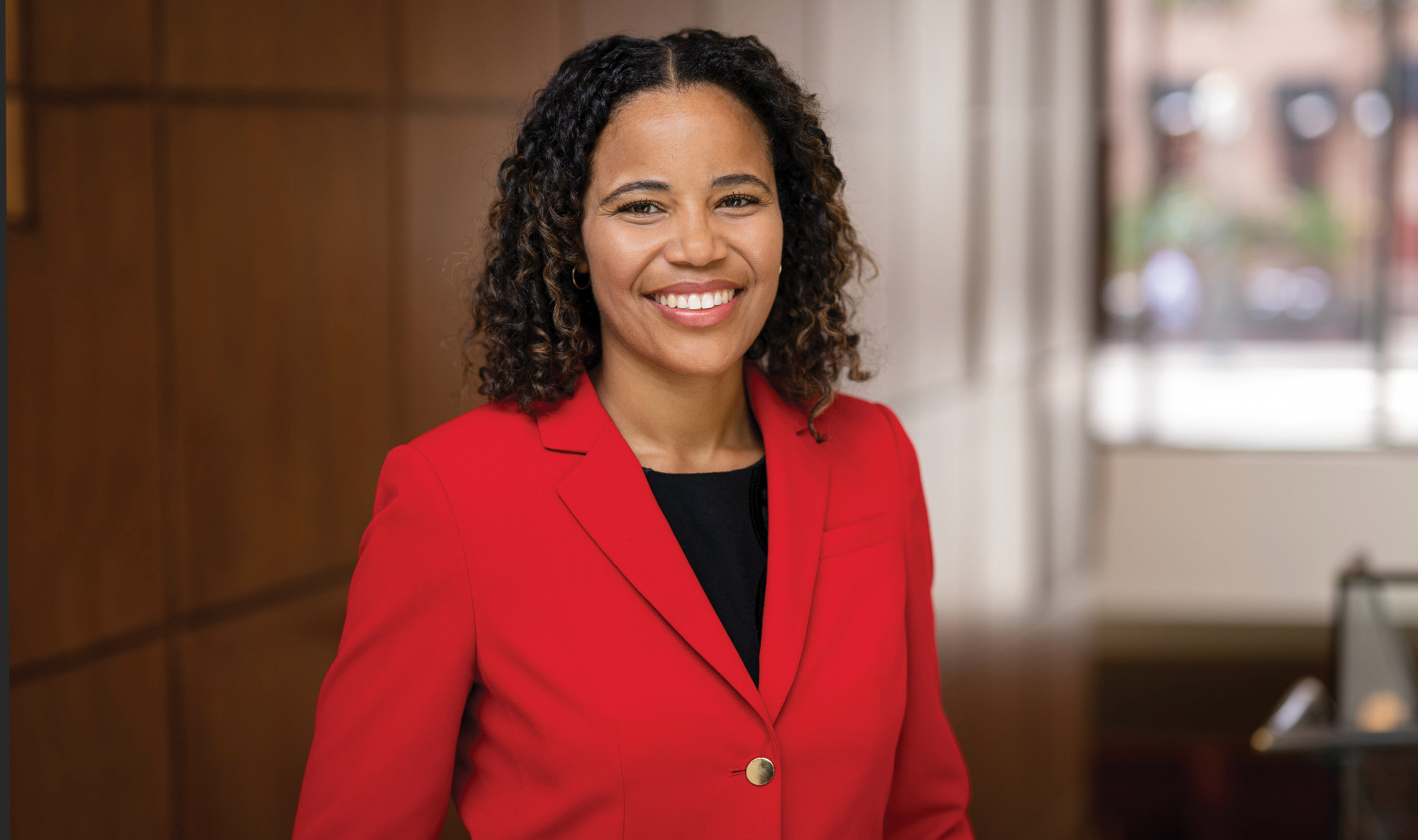
New Advocacy for Racial and Civil Justice Clinic Aims to Address Inequities in the Community
The clinic’s name was inspired by Dr. Martin Luther King, Jr.’s famous quotation that “the arc of the moral universe is long, but it bends towards justice.” It launched in the spring with eight law students and provides legal support to members of the Philadelphia community seeking redress for racial subordination in the areas of education, public safety, and economic, health, and environmental justice.
Practice Associate Professor of Law Cara McClellan GEd’12 is the director of the new clinic, which was established in response to students’ requests for more emphasis on civil rights law.

New Dean, New Era
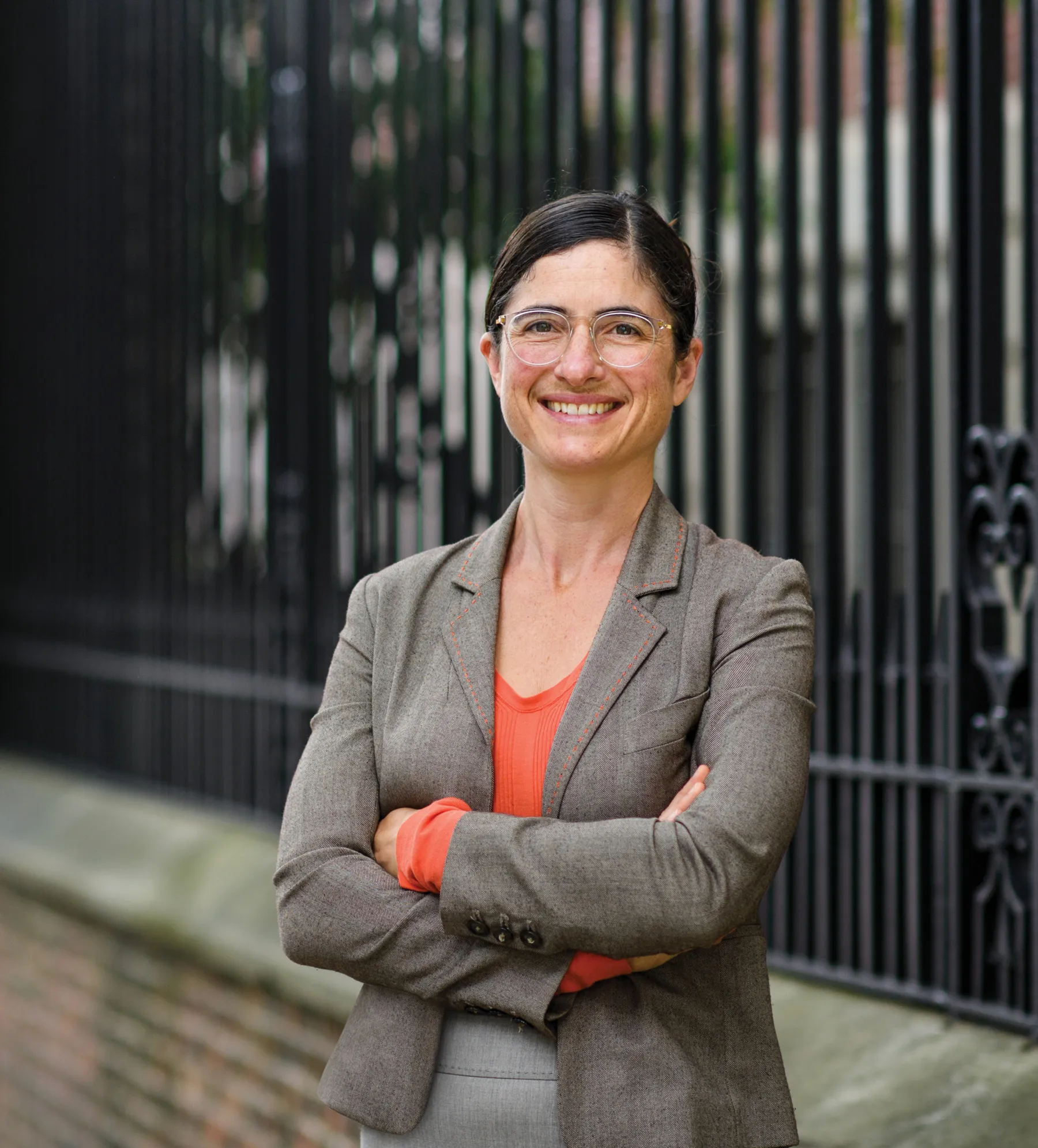
New Dean, New Era

ophia Z. Lee has been named Dean of the University of Pennsylvania Carey Law School, effective July 1, 2023. Lee, currently a Professor of Law with a secondary appointment in history, has been a member of the Penn Carey Law faculty since 2009. Penn President Liz Magill made the announcement on April 4, 2023.
“Sophia Lee is a proven leader and a consensus builder,” said Magill. “A superb scholar and teacher of constitutional and administrative law, she is deeply dedicated to Penn Carey Law and to the people—faculty, staff, students, and alumni—who are central to its work. She embodies Penn Carey Law’s core values. Sophia Lee is the right leader at the right time to elevate Penn Carey Law’s status to even greater heights.”
Lee joined the Penn Carey Law faculty in 2009 as an Assistant Professor of Law. She has held a variety of leadership and service roles at both the school and University level. She was the Law School’s Deputy Dean from 2015 to 2017, serving a full two-year term under Dean Theodore W. Ruger.
The History-Making Dean’s Eight Dynamic Years
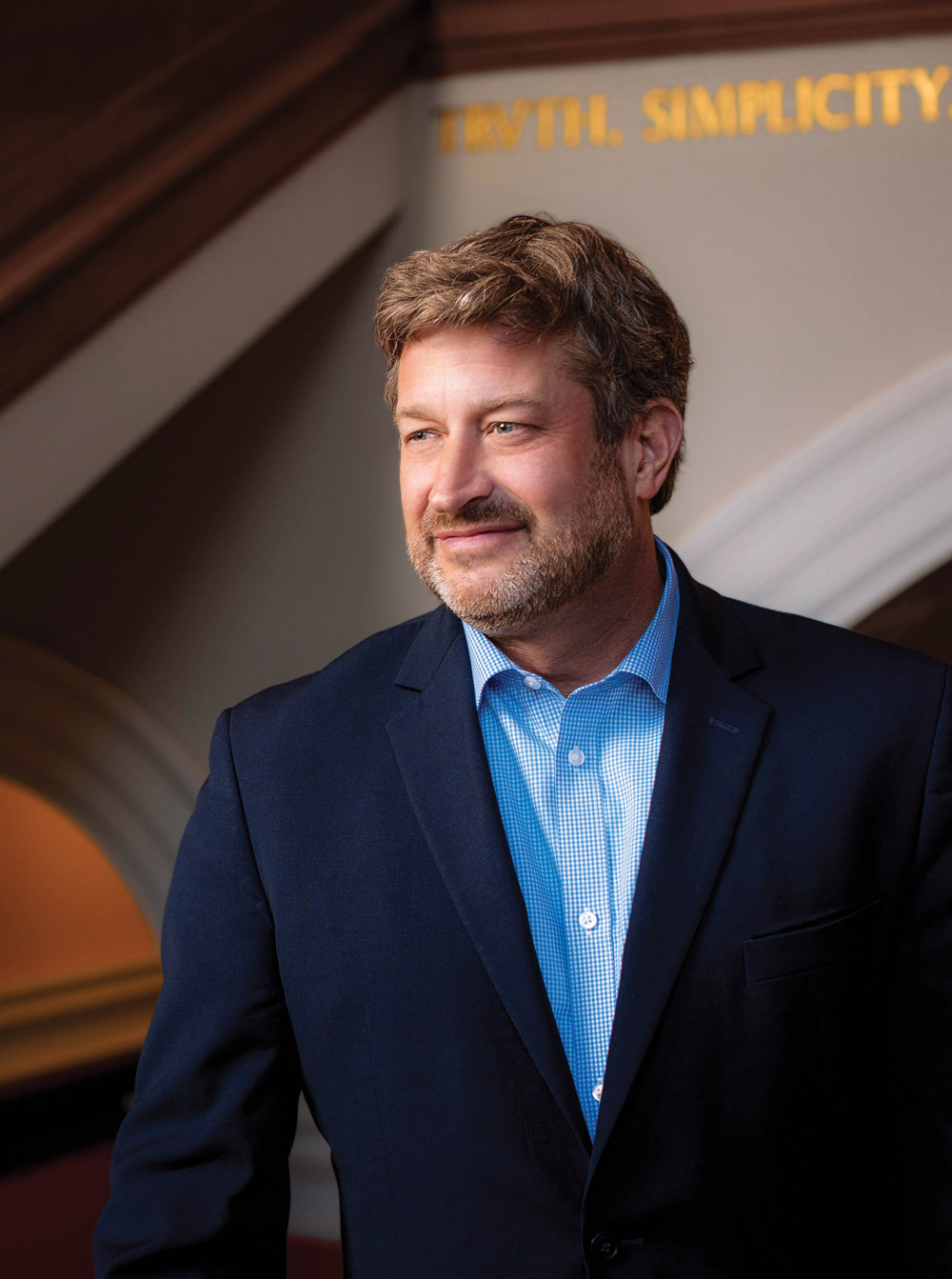
The History-Making Dean’s Eight Dynamic Years

Directing IP in DC
Directing

in

By Aisha Labi L’96
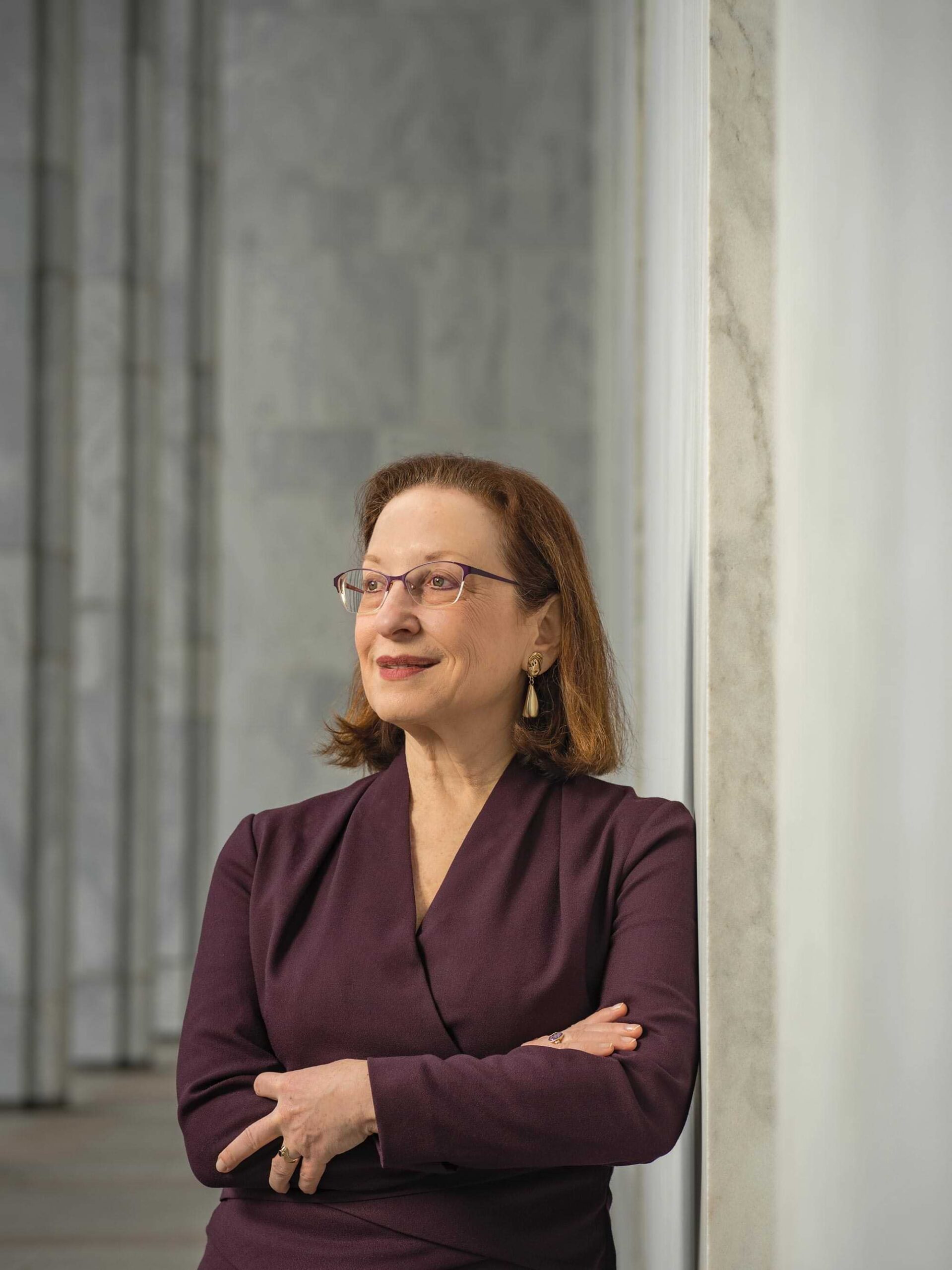
photos: stephen voss
Some say Shira Perlmutter L’83 knows more about copyright than anyone in the country.
Directing IP in DC
Directing

in

By Aisha Labi L’96

ittle in the early background of Shira Perlmutter L’83 suggested she was destined for a distinguished career in the law. Her lifelong passion is music, and she majored in linguistics as an undergraduate at Harvard, where she sang soprano in the University Choir and the Harvard-Radcliffe Collegium Musicum. It was only when she was pursuing graduate work in voice performance at Temple University, however, that her ambition to be a classical singer began to waver. Although her dedication to music remained, she cast about for an alternative career.
“I had never thought about being a lawyer,” she said. “I didn’t know any lawyers, and there were none in my family.”
Portrait of a Powerhouse

By Larry Teitelbaum
ven as an undergraduate at Penn, Roy Katzovicz C’95, L’98 had it all figured out. He’d be an academic, exercising his intellect to write erudite papers and lead lively discussions. Then he met Michael Wachter.
Wachter intuited that Katzovicz had unique talents better suited for business rather than professional endeavors. “You are what we call an entrepreneur,” said Katzovicz, recalling Wachter’s advice. He followed Wachter’s guidance and today Katzovicz is the CEO of Saddle Point Management, a multimillion-dollar investment firm in New York.
“Next to my parents, Michael Wachter had the single biggest influence in my life,” he said.
 Bob Toll L’66, Chairman and Chief Executive Officer of Toll Brothers Inc., at the Reuters Real Estate Summit in New York, June 27, 2007.
Bob Toll L’66, Chairman and Chief Executive Officer of Toll Brothers Inc., at the Reuters Real Estate Summit in New York, June 27, 2007.A Builder and an Idealist

By Jay Nachman
he family of four fled their Central American home because of what Patricia Stottlemyer L’17 called “harrowing circumstances” that threatened their lives.
As a Toll Public Interest Scholar working in the University of Pennsylvania Carey Law School’s Transnational Legal Clinic, Stottlemyer sought to win asylum for the refugees.
“I started to see the practice of law and the practice of working with clients as a more holistic and complex experience,” Stottlemyer said. “Working with this family and seeing that they were not just folks who were trying to win their legal cases and get protection, [I saw] they were [also] parents trying to find their footing in a new place, students trying to do well in school and get access to scholarship resources or trying to make money to support their family and working a side job, and trying to make sure that they were doing it properly and had access to proper employment documents.”
 Bob Toll L’66, Chairman and Chief Executive Officer of Toll Brothers Inc., at the Reuters Real Estate Summit in New York, June 27, 2007.
Bob Toll L’66, Chairman and Chief Executive Officer of Toll Brothers Inc., at the Reuters Real Estate Summit in New York, June 27, 2007.Class Notes
Fine Print

1950s

1960s

In Memoriam

The Honorable Dolores K. Sloviter L’56 Was a Barrier Breaker and ‘Titan in the Law’
“Judge Sloviter fought for gender equality, tackling a long history of both racial and gender discrimination and inequities,” said Ted Ruger, Dean of the University of Pennsylvania Carey Law School and Bernard G. Segal Professor of Law. “An antitrust lawyer of the highest order, she also expanded the Third Circuit’s focus on antitrust jurisprudence.”
Continually breaking barriers and leading the way for women to ascend to positions of prominence in the legal profession, Judge Sloviter was also the first female partner at a major Philadelphia law firm and the Circuit’s first female Chief Judge.
Judge Sloviter served on the Third Circuit for nearly 40 years, retiring in 2016. Her service included seven years as Chief Judge. She will be remembered as a champion of the rights of women, the incarcerated individuals, and the elderly.
ADJOURNED
ADJOURNED
